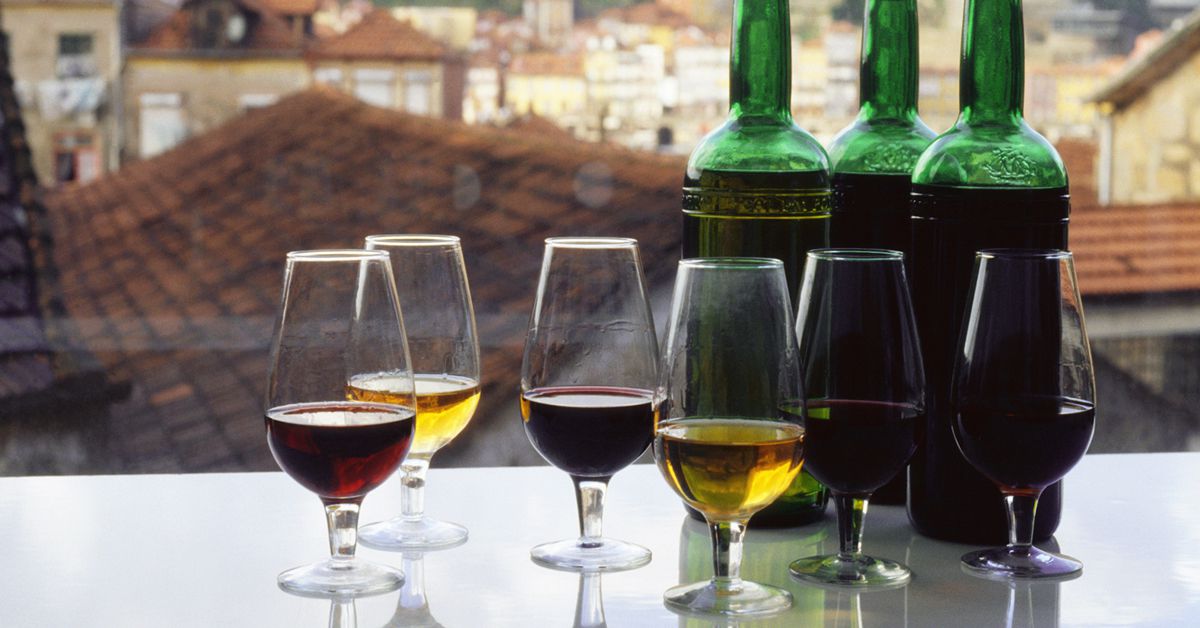Wine tasting should not be intimidating or pretentious, it should be fun. But many wine neophytes are scared to get their feet wet because of the appearance that wine tasting is difficult or requires years of experience and in depth knowledge of Port wine. While you will learn and discover more and more as you explore wine and gain experience, you only need a few simple tips to get started on the path to vinous bliss.
This article is intended to strip wine tasting bare, to teach you how to taste wine in a very basic way which is understandable to everyone. The basics of how to actually taste the wine are quite simple and I will cover those first. But what you really want to know is “What should I be looking for in the wines that I smell and taste? What differentiates a good wine from a bad one?” I will get to that point second.
How to Taste Wine: the Process These simple steps are all the basic knowledge you need to have about the process of tasting a wine. Learning to recognize aspects of the wine and describe them will come with time and practice. The harder part is learning how to evaluate what these steps reveal about each wine, which I will cover next.
How to Evaluate Wine
So that was the easy part. It’s not that hard to look at, smell and taste the wine. The harder part is assessing the wine and using what you experienced to determine if the wine is good or not and to describe why. In its most basic form, it doesn’t have to be hard. If you enjoy drinking a wine, then it is good. If you do not like it for any reason, then its not. Don’t discredit your own preferences and opinions on a wine. They are all valid. However, with experience you will learn to refine those opinions so that you can recognize the subtleties that set a great wine apart.
So what does make a good wine good? It may seem hard to generalize here because wines can vary so much! Some are white and some are red. Some are full bodied and some are light bodied. Some are sweet and some are dry. However, there are some characteristics that set great wines, of any style or type, apart.
First and foremost is balance. Balance is how well the various components of a wine blend together, or balance each other. A great wine has impeccable balance with nothing out of place. When you taste the wine is there something that sticks out above everything else or is there a harmonious sense of balance? Is only the oak noticeable or is it well integrated with the rest of the wine. The structure of the wine, the acid and tannin, should be in balance with the fruit and body of the wine. If there is too much structure the wine can seem shrill or coarse and unpleasant; too little and the wine may feel flabby in your mouth, without grip and presence. Likewise, too little fruit extraction in the wine can leave a wine feeling thin and watered down while too much fruit can be overpowering without enough structure to balance it.
Next, pay attention to the texture or mouthfeel of the wine. A great wine has a pleasant mouthfeel, caressing the inside of your mouth in a way that leaves a distinct textural impression. Great wines are often described as velvety or silky. Or they can give the impression of filigreed minerals with a fine, detailed texture. On the other hand, a lesser wine may seem coarse, chunky or disjointed.
The finish often sets off a great wine. Ideally, you want a wine with a long finish that almost reverberates on your palate for a long time after you swallow or spit the wine. The flavors that linger should be good ones, enticing you to take another sip. This sets a great wine apart from lesser wines which can have a short finish or one which has an off-putting or awkward aftertaste.
Finally, truly great wines will have an intensity and personality that sets it apart from the crowd. Intensity does not mean that it has to be full bodied. It just means that it has an inner core of energy and life that gives the wine a personality and passion. Obviously these terms seem like I am anthropomorphizing wine. But great wine is such a living, subtle and unique thing that it often inspires such description. These subtleties are often the last you will learn to identify and appreciate because they are so ethereal. It is not a specific, concrete aroma or flavor you can describe. It is just a feeling. Just like appreciating a work of art, it takes experience to find these subtle details and recognize them. But when you do…well it makes the whole process worth it!

